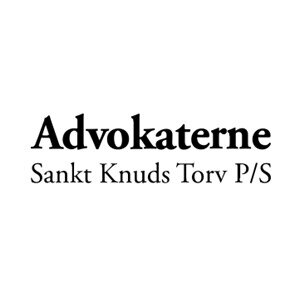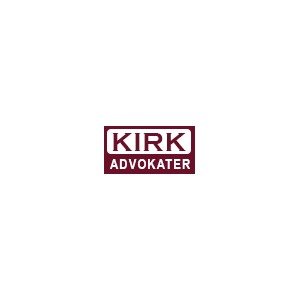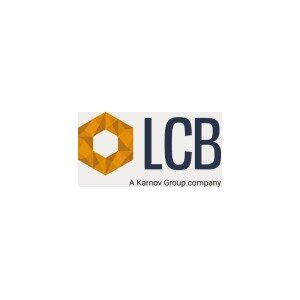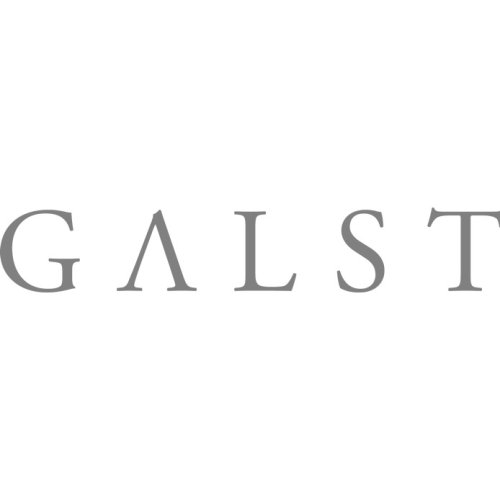Best Project Finance Lawyers in Denmark
Share your needs with us, get contacted by law firms.
Free. Takes 2 min.
Or refine your search by selecting a city:
List of the best lawyers in Denmark
About Project Finance Law in Denmark
Project finance in Denmark is a specialised area of law and finance that involves funding long-term infrastructure, energy, and industrial projects using a non-recourse or limited recourse financial structure. This means the lenders rely on the cash flow generated by the project itself for repayment, rather than the assets or creditworthiness of the project sponsors. Typical projects include wind farms, bridges, public utilities, and transport infrastructure. The structure often involves multiple parties, including sponsors, banks, contractors, and government entities. Legal expertise is essential to navigate complex contracts, regulatory requirements, and risk assessments that underpin successful project finance transactions in Denmark.
Why You May Need a Lawyer
A lawyer specialising in project finance is essential due to the high value, complexity, and multi-party nature of these ventures. Common reasons for seeking legal advice include:
- Drafting and negotiating loan agreements, security documents, and other contracts.
- Advising on risk allocation among sponsors, lenders, contractors, and public authorities.
- Ensuring compliance with Danish and EU regulatory and environmental standards.
- Structuring the project to optimise tax, liability, and corporate arrangements.
- Navigating public-private partnership (PPP) models and tender processes.
- Dealing with cross-border transactions involving multiple jurisdictions.
- Resolving disputes arising during construction, financing, or operation phases.
Local Laws Overview
Project finance in Denmark operates under a combination of Danish contract law, property law, company law, and various sector-specific regulations. Some key aspects include:
- Security Structures: Danish law allows for the creation of various security interests over project assets and revenues, including mortgages and pledges.
- Contractual Freedom: Parties generally have broad freedom to contract, though certain mandatory provisions may apply, especially in regulated sectors such as energy and utilities.
- Environmental and Planning Laws: Projects must comply with robust environmental impact assessments and planning permissions, particularly for energy and infrastructure projects.
- PPP Regulations: The Public Procurement Act and other Danish laws outline procurement rules for public-private partnership projects.
- Licences and Approvals: Projects often require multiple permits from Danish authorities, including construction, operation, and environmental permissions.
- EU Law: As a member of the EU, Denmark is subject to EU regulations concerning competition, state aid, and cross-border investments.
- Dispute Resolution: Denmark has a strong tradition of using arbitration and mediation to resolve complex project disputes.
Frequently Asked Questions
What types of projects typically use project finance structures in Denmark?
Project finance is commonly used for large-scale infrastructure, energy (especially wind and renewable power), transport, and utility projects.
What is non-recourse financing?
Non-recourse financing means that lenders can only claim repayment from the project's cash flows or assets, not from the sponsors' other assets.
Are there restrictions on foreign investors in Danish project finance?
Generally, Denmark has an open approach to foreign investment, but certain sectors may require government screening or approval, particularly regarding critical infrastructure.
How are security interests created and enforced in Denmark?
Security interests such as mortgages or pledges are governed by Danish law, and usually require registration with the relevant authority for enforcement priority.
What are the main legal risks in Danish project finance?
Key risks include changes in legislation, permit delays, construction risks, environmental liabilities, and counterparty default.
How is risk allocated among parties in a typical project finance deal?
Risks are allocated through contract negotiations, with each party accepting risks they can best manage, often detailed in loan agreements and contracts.
What permits and approvals are needed for project finance projects?
A range of permits may be required, including planning consent, environmental approvals, building permits, operational licences, and sometimes government concessions.
Can projects be structured as public-private partnerships in Denmark?
Yes, Denmark has experience with PPPs, particularly in transport and social infrastructure, with clear procurement and regulatory frameworks.
Is arbitration common for dispute resolution in project finance?
Yes, arbitration clauses are often included in project finance contracts, offering a confidential and specialised process to resolve complex disputes.
How can a lawyer help with cross-border or international project finance deals?
A lawyer can coordinate compliance with Danish and international laws, handle contracts in multiple jurisdictions, and advise on tax and regulatory matters for international participants.
Additional Resources
If you need more information or support, consider reaching out to these Danish resources:
- The Danish Business Authority (Erhvervsstyrelsen) for company registration, licences, and guidance on regulatory compliance.
- The Danish Ministry of Climate, Energy and Utilities for energy sector and renewable energy project regulations.
- The Danish Ministry of Transport for infrastructure and transport project guidelines.
- The Danish Competition and Consumer Authority for insight on competition and public procurement law.
- Industry associations such as the Danish Infrastructure Association or Danish Energy for sector-specific advice.
Next Steps
If you are considering a project finance transaction in Denmark or facing challenges with an ongoing project, the following steps are recommended:
- Identify the specific legal areas you need help with - such as contracts, permits, or dispute resolution.
- Gather all relevant project documents, including contracts, correspondence, and approvals.
- Contact a Danish lawyer or law firm with expertise in project finance and experience in your project’s sector.
- Arrange an initial consultation to discuss your project, objectives, and any potential legal pitfalls.
- Work with your lawyer to develop a tailored legal and risk management strategy for your project.
Legal advice at an early stage can help safeguard your investment, ensure compliance, and set your project up for long-term success in Denmark’s dynamic project finance environment.
Lawzana helps you find the best lawyers and law firms in Denmark through a curated and pre-screened list of qualified legal professionals. Our platform offers rankings and detailed profiles of attorneys and law firms, allowing you to compare based on practice areas, including Project Finance, experience, and client feedback.
Each profile includes a description of the firm's areas of practice, client reviews, team members and partners, year of establishment, spoken languages, office locations, contact information, social media presence, and any published articles or resources. Most firms on our platform speak English and are experienced in both local and international legal matters.
Get a quote from top-rated law firms in Denmark — quickly, securely, and without unnecessary hassle.
Disclaimer:
The information provided on this page is for general informational purposes only and does not constitute legal advice. While we strive to ensure the accuracy and relevance of the content, legal information may change over time, and interpretations of the law can vary. You should always consult with a qualified legal professional for advice specific to your situation.
We disclaim all liability for actions taken or not taken based on the content of this page. If you believe any information is incorrect or outdated, please contact us, and we will review and update it where appropriate.
Browse project finance law firms by city in Denmark
Refine your search by selecting a city.

















